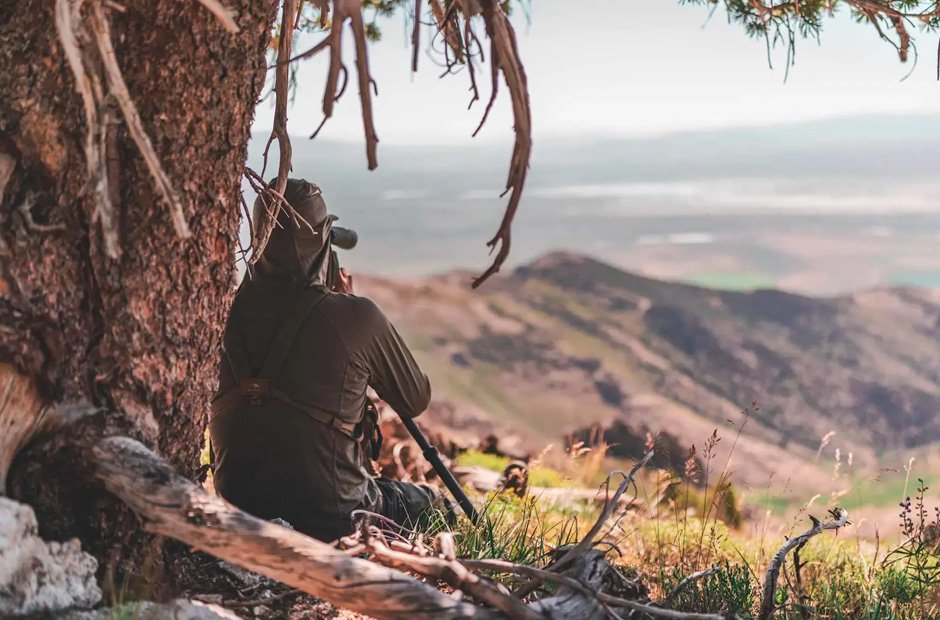Many hunters spend time chasing deer and other wildlife in their home state, which brings them a great deal of joy. However, some individuals will crave a new adventure and the challenges that go hand-in-hand with an out-of-state hunting trip. After all, hunting in an unfamiliar environment can be tough, but it’s always good to learn as you go.
If you want to travel to a different state in search of a hunting challenge, it’s essential to understand what is required beforehand. It will require careful planning, and this post outlines three key tips to make the process easier.
Understand the Challenges
To plan a successful and enjoyable out-of-state hunting trip, certain challenges must be acknowledged. You will need to adapt to unfamiliar environments and hunting styles, manage logistics effectively, and navigate various regulations. Hunters can better prepare and maximize their chances of success by ensuring they have the necessary knowledge.
One of the challenges you will need to consider is the application deadlines. Some states have limited permits, which can lead to a competitive application process. The deadlines can vary significantly depending on the hunt type, species, and state. For example, the application period for 2025 in Florida opens at 10:00 a.m. on the first day of the application period listed and closes at 11:59 p.m., as shown here.
There will also be laws and regulations that you need to become familiar with. Again, the hunting laws and regulations of the state will vary. This could include bag limits, season dates, and restrictions on the use of specific weapons.
Listen to the Experts
As local conditions can change and regulations vary, hunters will often benefit from listening to others who have experience. Experts can include other hunters as well as outfitters, regional managers, and state biologists, as these individuals will have valuable insights that go beyond general hunting guides or online resources.
Some of the advice these experts can offer includes understanding local wildlife and habitats, and this is vital if you have never visited the area. These people will have in-depth knowledge of local wildlife populations, their behavior, and preferred habitats. You could learn where to find specific game, seasonal patterns, and how to adapt your hunting strategy to the local environment. This will simplify the hunting experience.
By leveraging the expertise of hunting experts, you can also anticipate and mitigate potential issues associated with out-of-state hunting. These problems could range from encountering unexpected weather to getting lost in the wild.
Pack Light and Smart
Out-of-state hunting trips require good mobility, and this is just one reason why you need to pack light. There could be difficult terrain to navigate, which will be tougher when carrying cumbersome gear. Instead, prioritize the use of lightweight clothing and equipment to ensure your backpack is easy to carry. Lighter gear that serves multiple purposes will enable you to move through the environment more freely, thereby reducing any physical strain you might experience.
What you pack will also depend on the type of hunting trip you are going on. Hunting deer will require different gear than hunting fowl, for example. You should understand what information should be on a hunting plan before you begin packing.
Similarly, how you pack your will influence your experience. Heavier items should be at the bottom of your bag, with lighter items on top. Only the essentials should be included to guarantee faster packing and unpacking. It will also allow you to use space efficiently, without overloading your pack, even if you reserve some room for souvenirs during your trip.
To conclude, an out-of-state hunting trip requires a significant amount of planning. This is necessary to ensure you and your hunting party are safe during the hunt. It will also increase the likelihood of success. Fortunately, you can apply the three tips outlined in this post to achieve just that.



